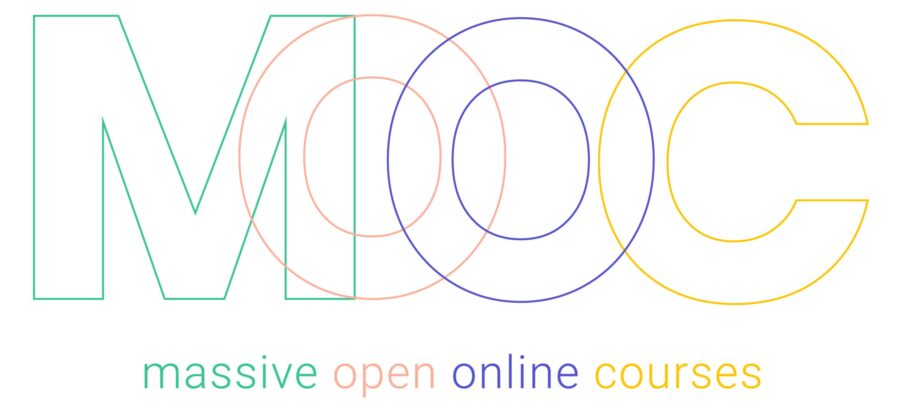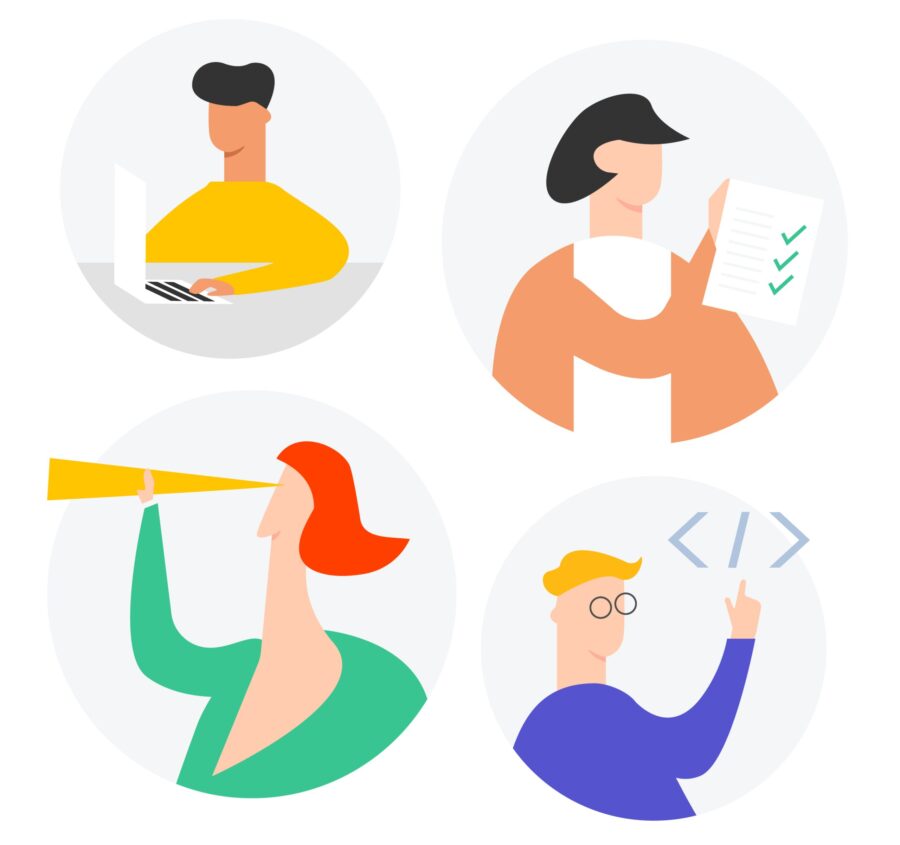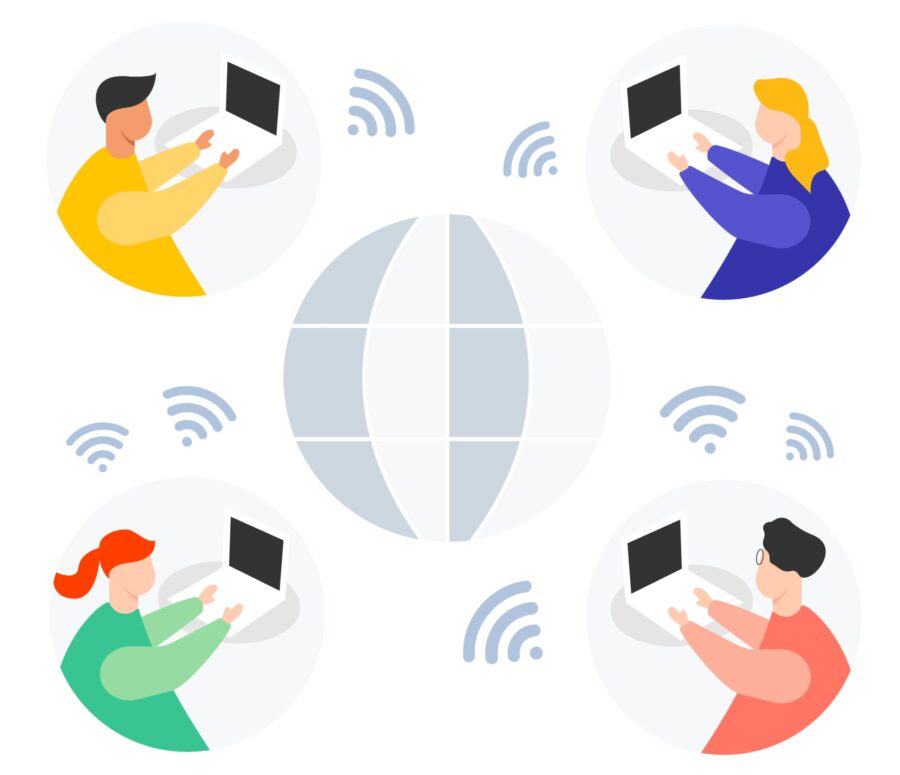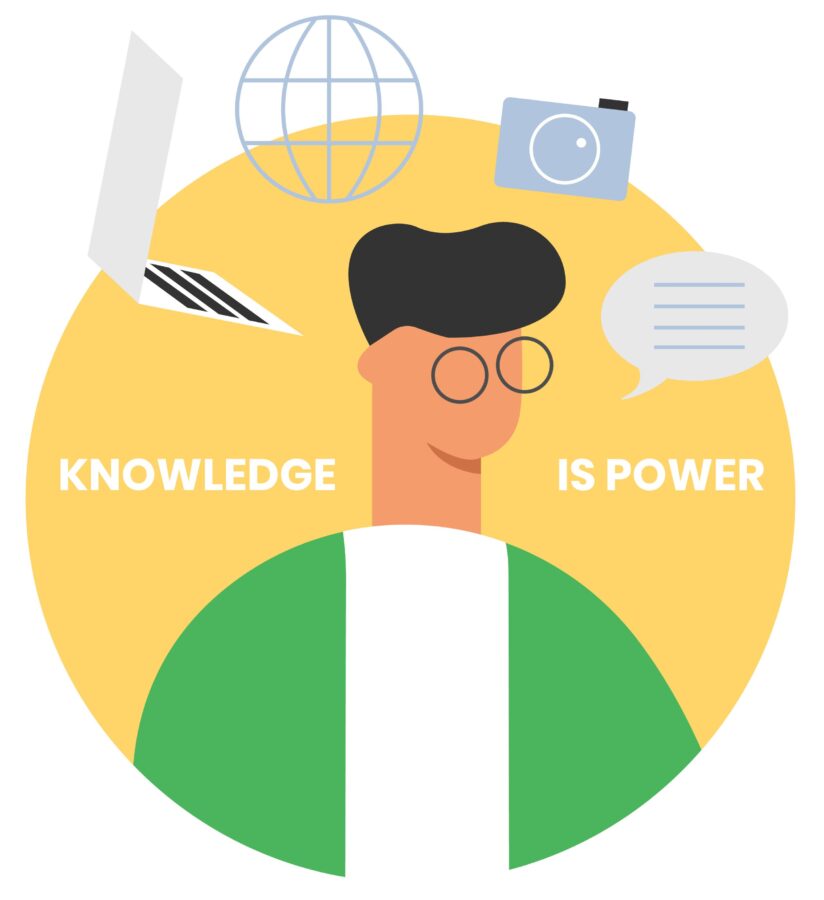
My Beginnings in Higher Education
I remember my first day at college like it was yesterday. That feeling of excitement and enthusiasm when I entered a classroom for the first time. I enjoyed college, and it opened my eyes, views, and perspective. A whole new world of ideas was there for me to explore. I’m sure many have had a similar experience. Higher education institutions have existed for hundreds of years, including the University of Bologna, which was founded in 1088. In 2018, there were approximately 200 million students around the world. These institutions play a major role in providing the tools needed for gaining knowledge, independence, and personal growth, However, times are changing and new options are emerging. Although college was great, today there are other methods of learning which give me that same feeling of excitement and enthusiasm. One concept is MOOC, and I’m a true fan.
History of MOOC

Several years ago a new method of learning, MOOC, emerged. MOOCs are online interactive courses with quizzes and assignments that give immediate feedback. A typical MOOC is similar to a college course, but it is accessible online and can be accessed from any location. I remember the day I enrolled in my first MOOC. I was an IT specialist in the banking industry and was eager to learn something new. I wanted to gain practical knowledge and learn new technologies. Taking a MOOC was a perfect fit for me. It was back in 2012, when Coursera was founded, and MOOCs weren’t well-known, especially in Croatia. I embraced this concept along with many others. In 2013, more than 10 million students enrolled in at least one MOOC. Universities also embraced this concept and created 1200 MOOCs in that same year. From then on, this concept has continued to grow, with more than 100 million students taking MOOCs and more than 12,000 MOOCs available in 2018. Looking back, online courses played an important role in my personal growth and professional development. Through MOOCs, I expanded my horizons by continuously learning new subjects and skills. With my increasing knowledge and abilities, I became prepared for the next steps in my career. I found new opportunities, jobs, and connections. I continue to learn using MOOCs and still enjoy it.
How I Started Working with Vertabelo
MOOCs helped me to grow professionally. Using my new knowledge and skills, I founded my own company and started working as a freelancer through Upwork. One of my clients is a Polish company called Vertabelo that provides online database design. In addition, they also run Vertabelo Academy, which offers specialized, online interactive courses for people who want to develop skills in SQL, analytics, and data science. They needed my help with content creation for courses in R. I still remember the sentence during my interview which won me over: “We like learning by doing.” I identified with this idea, because only through live coding and real-life business examples can you learn quickly and effectively. With Vertabelo, I found a team with whom I enjoy working and still produce content, including data, examples, quizzes, and exercises. I’m thankful, because this is one of my favourite jobs.

What Does It Take to Create an Online Course?
Before Vertabelo, I hadn’t really considered what it took to create a high quality interactive online course. You might be surprised to know how much goes into making these courses.
For starters, the content creator and product owner need to put together:
- an attractive, hot, useful, and interesting outline (and yes, all of this at the same time)
- fun, simply-explained, and educational instructions and exercises
- content that will hold students’ focus until the end of the course
- learning materials that are motivating but not exaggerated or unrealistic
- real-word business examples that students can use in their current or future jobs
It is demanding — only great material retains students and attracts new ones. This is what I do, creating content, but I’m just one small piece in the puzzle.
Besides the content creator and product owner, the other experts involved are:
- editors, who check and correct everything written by the content creator
- developers and IT experts, who put courses on the learning platform
- testers, who check the content structure and everything else
It takes several months and a team of professionals to successfully complete a project like this. It takes a lot of effort to create a high-quality MOOC, and it’s worth it. The goal is to share knowledge and help people grow personally and professionally. This is why I thoroughly enjoy working on MOOCs.
MOOC vs. University

Many believe that MOOCs will replace colleges and universities. I don’t agree with this though. Instead, I think that higher education institutions and MOOCs complement each other. I tried both, and both have been irreplaceable experiences. Each has its advantages and disadvantages. I gained a lot of theoretical knowledge but little practical knowledge at my university. Online courses helped fill that gap. Faculty linked me to one place. Online courses have connected me to different parts of the world without needing to physically be there. I met lifelong friends in college and have made a lot of connections through online courses. Both concepts have taught me many different things, and in the end, that is what’s most important.
Summary

Higher education institutions continue to play a significant role in acquiring knowledge. However, online courses, including MOOCs, are taking an increasingly larger share of this pie. The quality of MOOCs is improving. Students like learning by doing through smart, simple, and entertaining content. It is not an easy job to create high quality interactive online courses. It takes a lot of effort and a whole team of people!
If you want to learn about R, Python, and SQL, take a look at the courses I have created with the Vertabelo Academy team, here. Who knows? Maybe in the future I’ll see you in our Vertabelo Academy classroom!
Full article can also be seen on here
